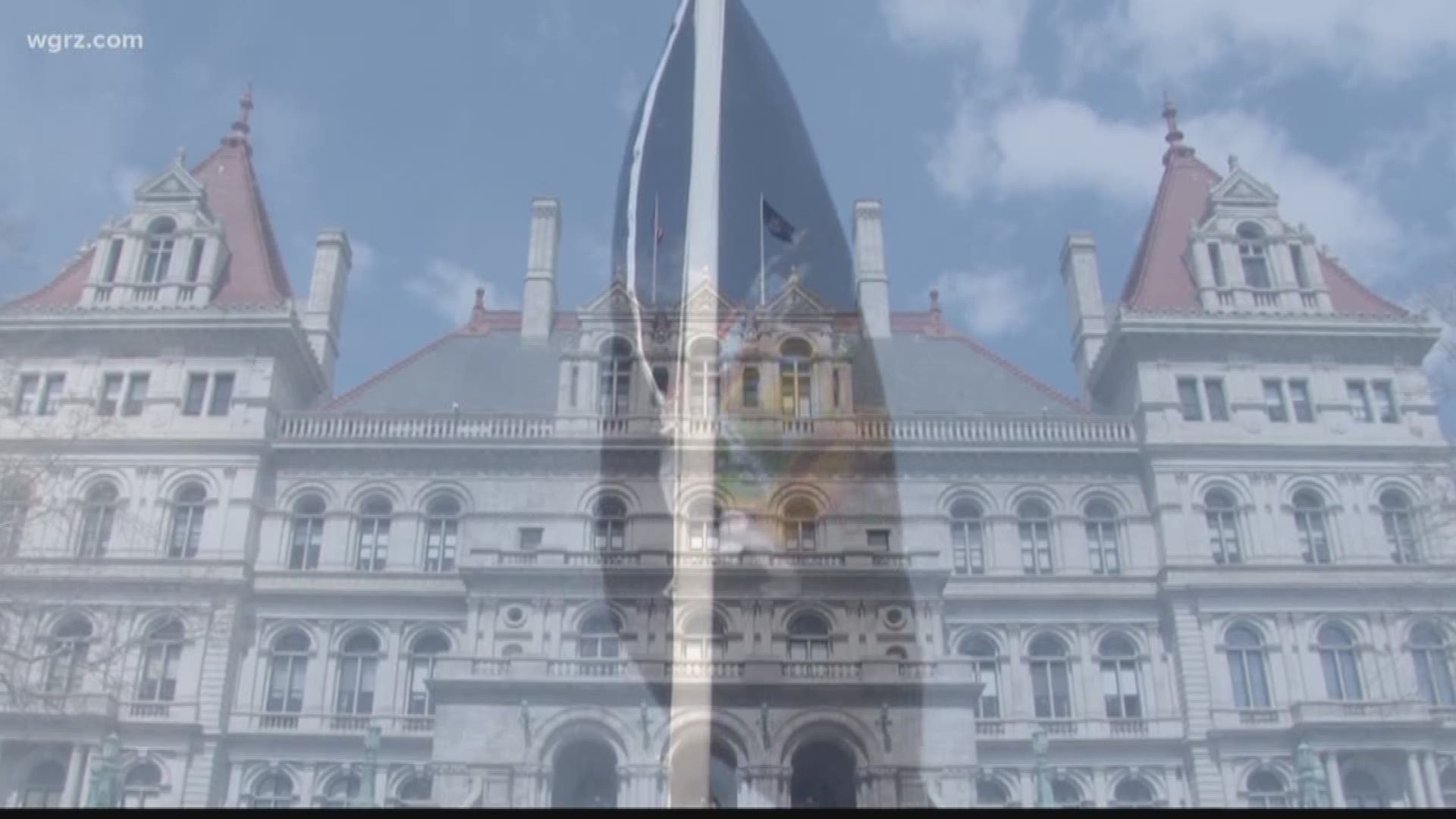ALBANY -- Under the latest federal plan, New Yorkers would be able to deduct up to $10,000 in property taxes from their federal income taxes and retain the interest deduction for mortgages on existing homes -- but would be unable to deduct state income or sales taxes.
The proposal by House Republicans unveiled Thursday aims to appease members from high-tax states like New York over concerns that the loss of all deductions on local taxes, including property taxes, would be a massive tax increase for homeowners.
But Democrats quickly said the measure isn't enough to help the middle class. And with homeowners in New York, particularly downstate, paying more than $10,000 a year in property taxes, they wouldn't be able to deduct the full amount anymore.
For example, the average property-tax bill in Westchester County is $15,000, the most of any county in New York, according to a report last week from state Comptroller Thomas DiNapoli.
The average real-estate tax in New York was $8,731 in 2015, and the average mortgage interest deduction was $8,727, DiNapoli said.
"The Republican tax plan would put two thumbs down on a scale already tipped towards the wealthy and powerful," Sen. Charles Schumer, the Senate minority leader, said on the Senate floor Thursday.
Gov. Andrew Cuomo has railed against the various versions of the federal tax overhaul, and only two GOP House members from New York voted for the federal budget last week that set the stage for the latest proposal -- saying the loss of the deductions in New York would hamstring homeowners.
"It's clear this is a hostile political act aimed at the economic heart of New York with no basis on the merits," Cuomo wrote in a letter Tuesday to President Donald Trump, a fellow New Yorker, urging him to intervene over the "grossly unfair" plan to New York.
The state Business Council called the tax overhaul an "important first step" and said it was important that it would retain the federal deduction for property taxes.
But the group urged lawmakers to keep the state and local tax deductions, called SALT, because "this longstanding provision of the federal tax code prevents filers from being double-taxed," saying New York already pay $48 billion more in taxes to Washington than it gets back.
Republicans touted their efforts toward a compromise. The mortgage interest deduction would continue only for existing mortgages and new purchases up to $500,000. It would increase a child tax credit from $1,000 to $1,600.
For high-income households, the plan would keep the top tax bracket at 39.6 percent and have lower rates of 12 percent, 25 percent and 35 percent for the low- and middle-income Americans.
It would phase out the estate tax, which would be a benefit for the wealthy, and it would also double the standard deduction from $6,350 and $12,000 for individuals and from $12,700 to $24,000 for married couples.
It would preserve a deduction for charitable contributions, which in New York averaged $6,862 in 2015.
House Speaker Paul Ryan, R-Wisconsin, said a household of four would save on average $1,182 a year on their taxes under the measure.
"This plan is for middle-class families who deserve a break," Ryan said at a news conference in Washington.
"It's for families living paycheck to paycheck who keep getting squeezed."

